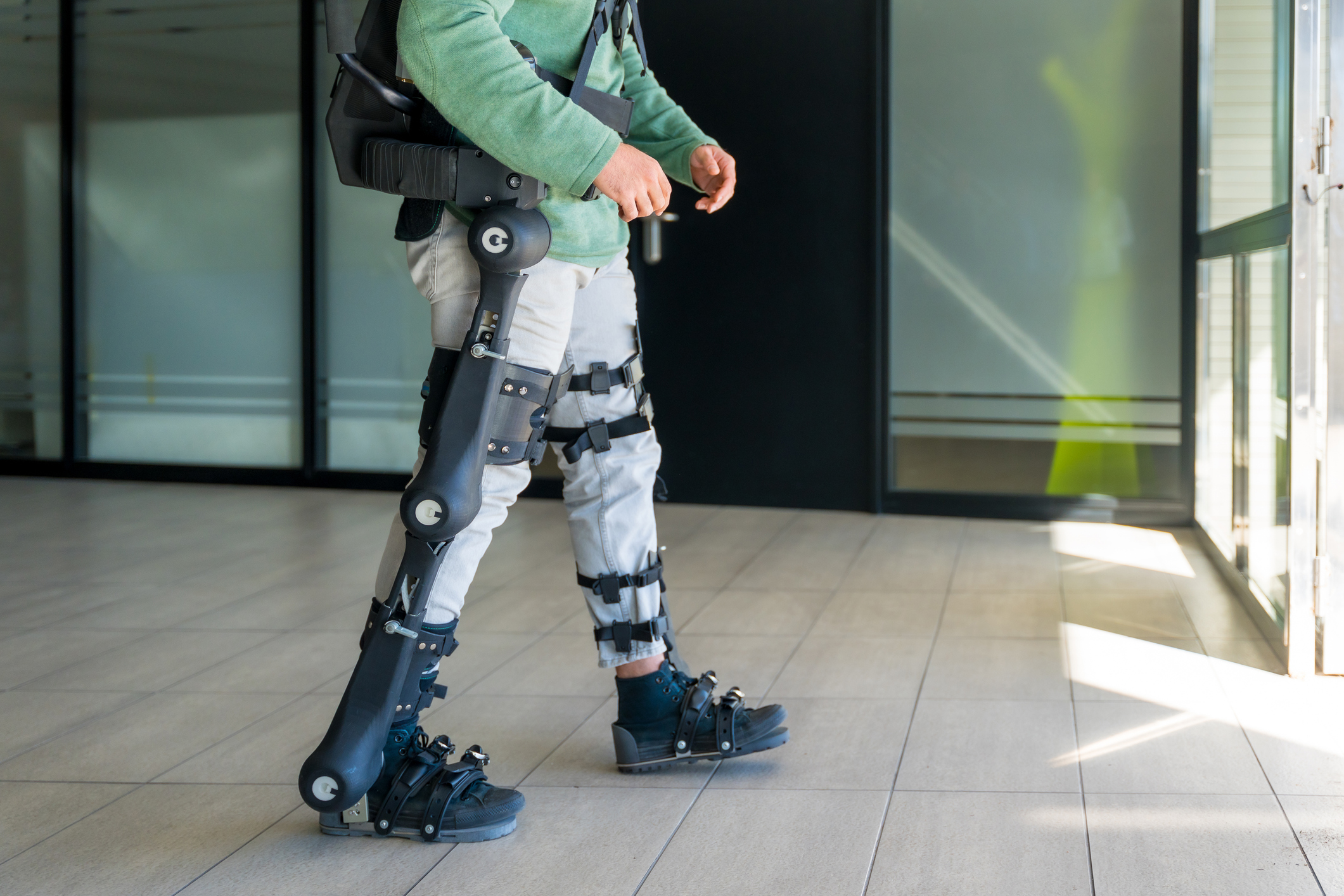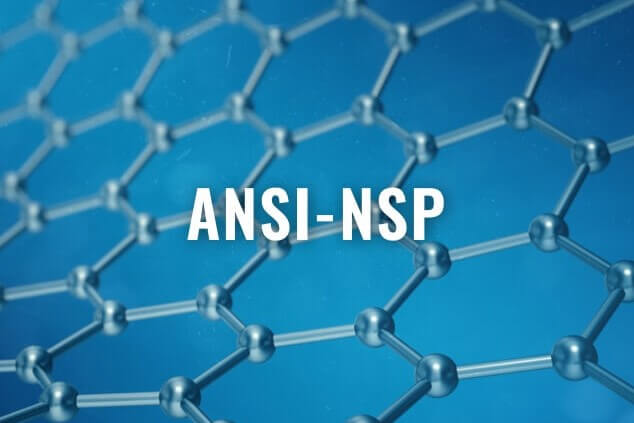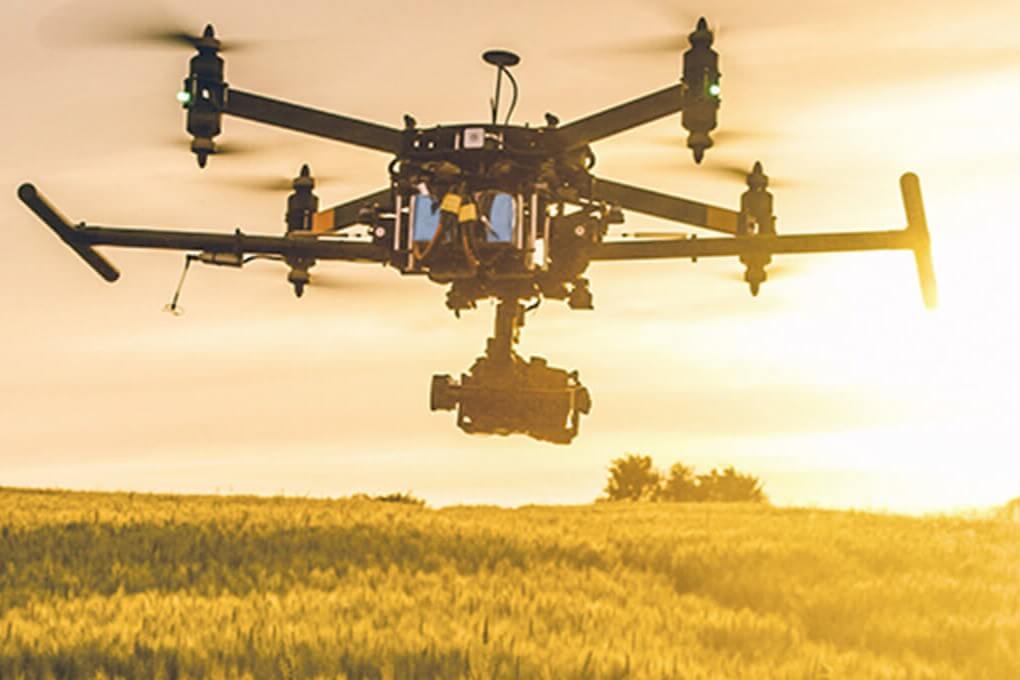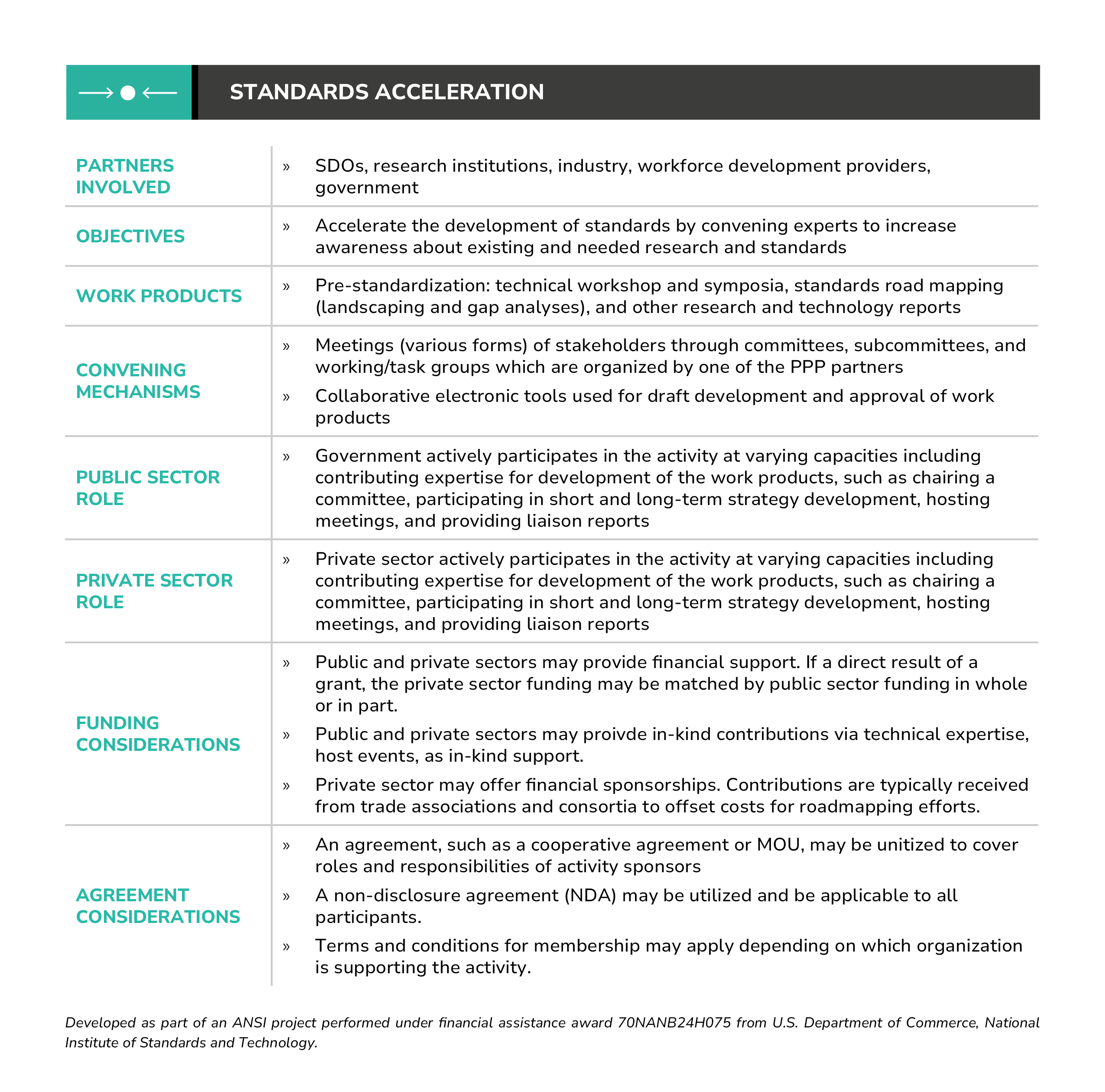The ASTM International Additive Manufacturing (AM) CoE is a collaborative partnership representing industry, government, and academia to conduct strategic research and development (R&D) to advance AM standardization.

Launched in March 2016, the America Makes & ANSI Additive Manufacturing Standardization Collaborative (AMSC) was formed because several standards-developing organizations (SDOs) were engaged in standards-setting for various aspects of additive manufacturing (AM), prompting the need for coordination to maintain a consistent, harmonized, and non-contradictory set of AM standards.

A Task Force composed of Engineering Biology Research Consortium (EBRC) and partners at Imperial College London, the National University of Singapore, and the U.S. National Institute for Standards and Technology (NIST) led an initiative resulting in the report: “Engineering Biology Metrics and Technical Standards for the Global Bioeconomy.”

In response to the Federal Cloud Computing Strategy (Cloud First) NIST created the Cloud Computing Roadmap which identified ten concerns that were potentially holding back cloud computing adoption. This roadmap was then used by various standards organizations as a guideline of what to work on to speed the adoption of cloud computing by industry.

The ANSI Electric Vehicles Standards Panel (EVSP) was initially formed in March 2011 with the purpose of developing a roadmap of standards and conformance programs needed to facilitate the safe, mass deployment of electric vehicles (EVs) and charging infrastructure in the U.S.

The ASTM International Exo Technology Center of Excellence (ET CoE) is a collaboration between ASTM and consumers, industry, government, healthcare, and academia. The ET CoE seeks to improve the quality of life and participation of the general public through accelerating exo technology research, standards, testing, and training.

Section 224 of the Fiscal Year 2020 (FY20) National Defense Authorization Act (NDAA) directed the U.S. Department of Defense (DoD) to establish trusted supply chain and operational security standards for the purchase of ME products and services. DoD invited the American National Standards Institute (ANSI) to convene two workshops to gather and assess information regarding relevant standardization activities.

The purpose of the ANSI-NSP is to serve as the cross-sector coordinating body and provide the framework within which stakeholders can work cooperatively to promote, accelerate, and coordinate the timely development of useful voluntary consensus standards to meet identified needs related to nanotechnology.

The National Cybersecurity Center of Excellence (NCCoE), run by the National Institute of Standards and Technology (NIST), brings together government agencies, industry organizations, and academic institutions to collaborate on cybersecurity challenges and protect the nation’s critical infrastructure.

OSAC’s mission is to strengthen the nation’s use of forensic science by facilitating the development and promoting the use of high-quality, technically sound standards. The efforts work to address a lack of discipline-specific forensic science standards in 22 forensic disciplines.

The primary goal of the Standards Coordinating Body (SCB) is to coordinate the accelerated advancement and improved awareness of the standards and best practices that address the rapidly evolving needs of the global regenerative medicine advanced therapy community.

The UASSC’s mission is to coordinate and accelerate the development of the standards and conformity assessment programs needed to facilitate the safe integration of unmanned aircraft systems (UAS), or drones, into the national airspace system.

ANSI is accepting additional use cases of standards-driven public-private partnerships. To submit a use case, please follow the instructions in this template.
